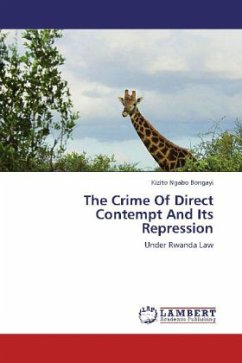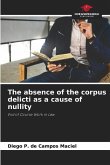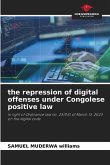The Rwandan Constitution enshrines the universal and so dear principle of presumption of innocence of the accused until his/ her guilt has been conclusively proved in accordance with the law and in fair trial. However, the Codes of Criminal Procedure and of Civil, Commercial, Social and Administrative Procedure provide for immediate and direct arrest, trial and sentence of the person who commits the acts falling within the ambit of the crime of direct court contempt. The concern, in such circumstances, is that the functions of apprehending, prosecuting and judging the accused which normally, for the purpose of fair trial, are separately done by the judicial police, public prosecution and the judge respectively are left to the latter only who is at the same time the victim of contempt. In similar instances the judge has to voluntarily withdraw from the case or is challenged by the party. Thus, one reasonably wonders the fairness of such trial. This work assesses the rights of the accused during the prosecution of direct contempt from a Rwandan law perspective so as to highlight inconveniences of the foregoing proceedings and the need for effective solutions thereof.







